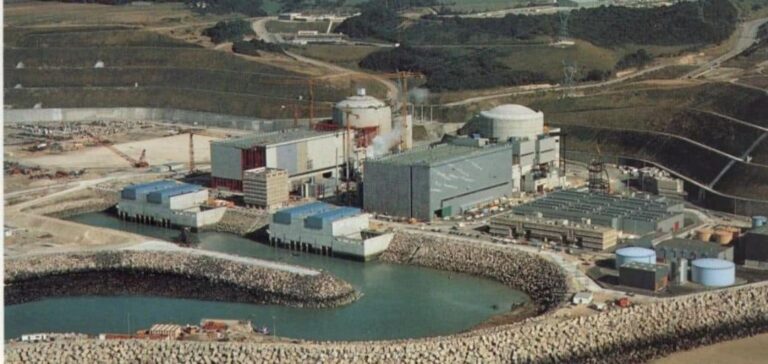Cracks on emergency pipes of EDF reactors have been discovered. This news, announced by the RTE, does not call into question the expectations for the electricity production of the French nuclear park next winter.
Cracks discovered in emergency piping of EDF reactors at Penly 1, Penly 2 and Cattenom 3
The cracks in the EDF emergency piping have been identified at Penly 1 (Seine-Maritime), on an emergency pipe intended to flood the reactor with water in the event of anuclear accident. Other cracks were also discovered on emergency pipes at Penly 2 and Cattenom 3 (Moselle). However, according to RTE, these cracks do not constitute news of the same magnitude as last year, when a stress corrosion defect was discovered.
Cracks in EDF reactor emergency piping are not a major threat to power generation
At the time, RTE stuck to EDF’s least favorable projections and issued winter forecasts that turned out to be accurate. France will be able to rely on a greater production of electricity from renewable energies, in particular the commissioning of two offshore wind farms which alone should provide a power of 1 GW, equivalent to a reactor. Despite the discovery of these new cracks in EDF’s emergency piping, the availability of the nuclear fleet should not be affected for the coming winter.
The importance of accelerating the transition to renewable energy sources
Control work disrupted EDF’s nuclear production in 2022, with France having to import electricity from its neighbors to avoid blackouts. It is therefore important to accelerate the development of renewable energy sources to reduce dependence on nuclear power and ensure reliable power generation.





















